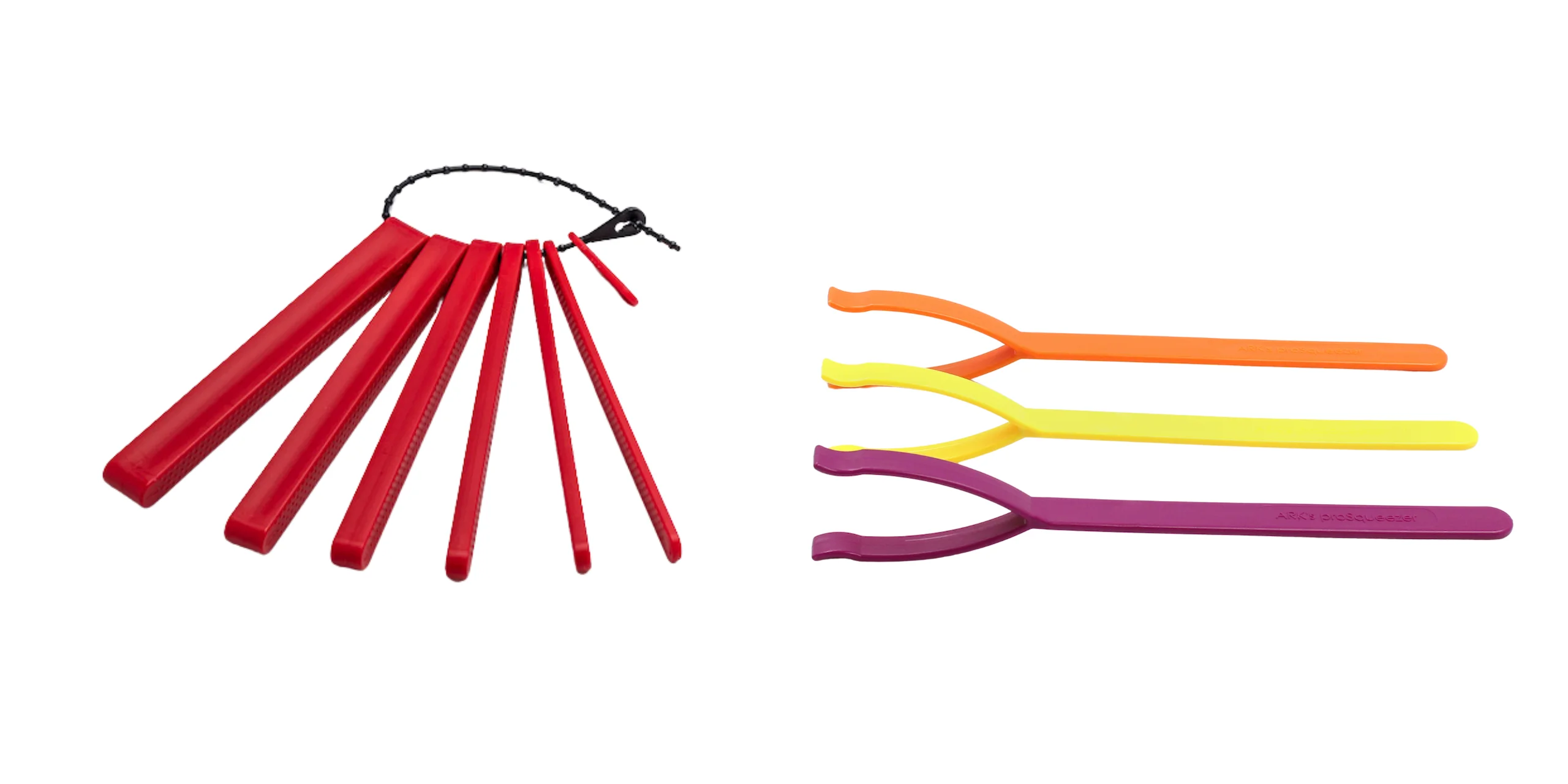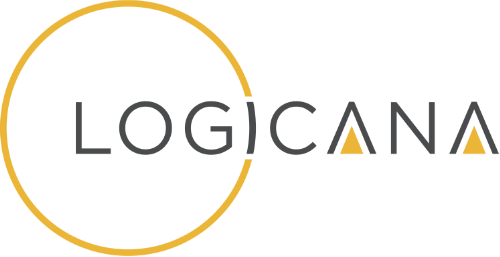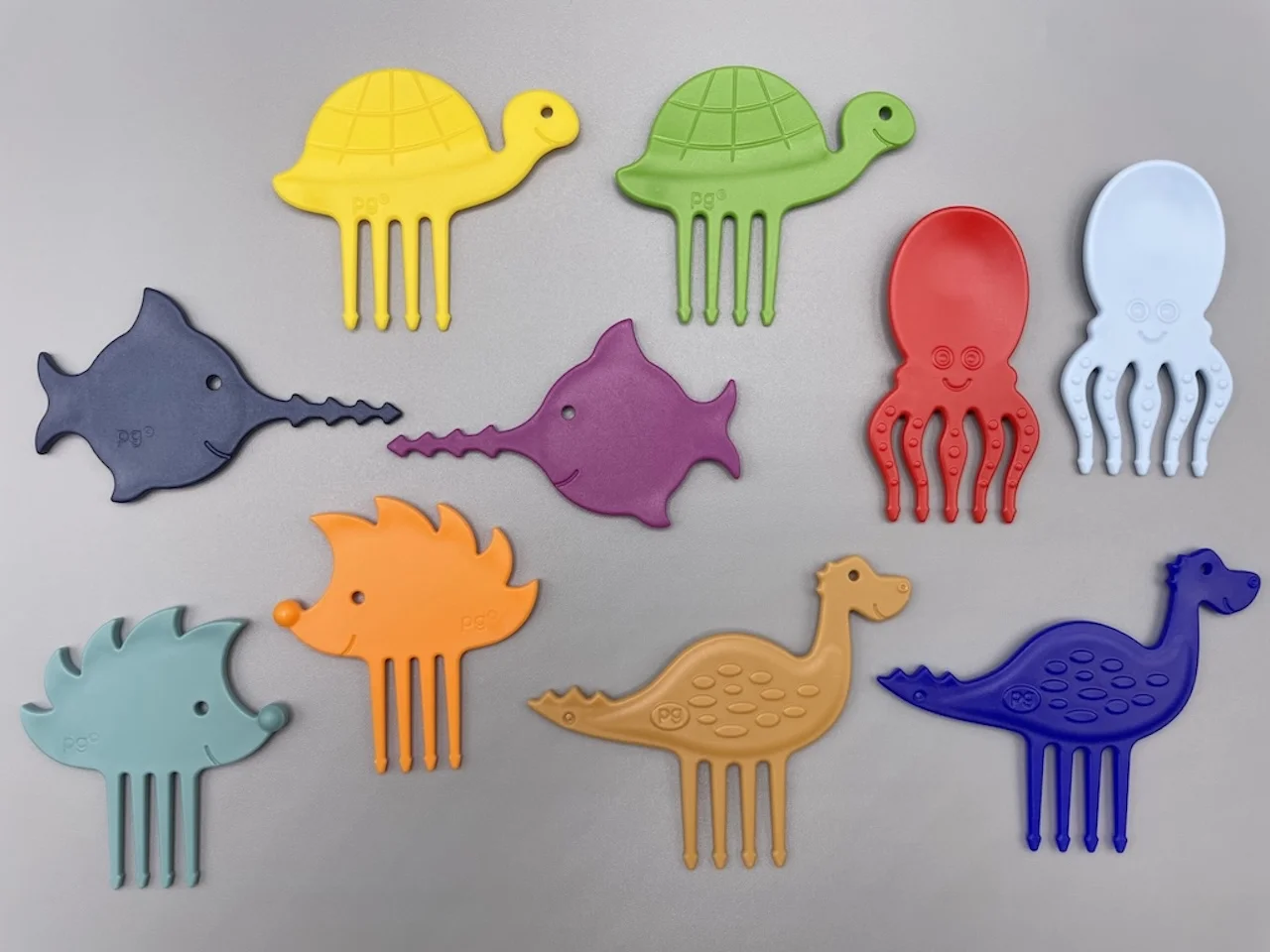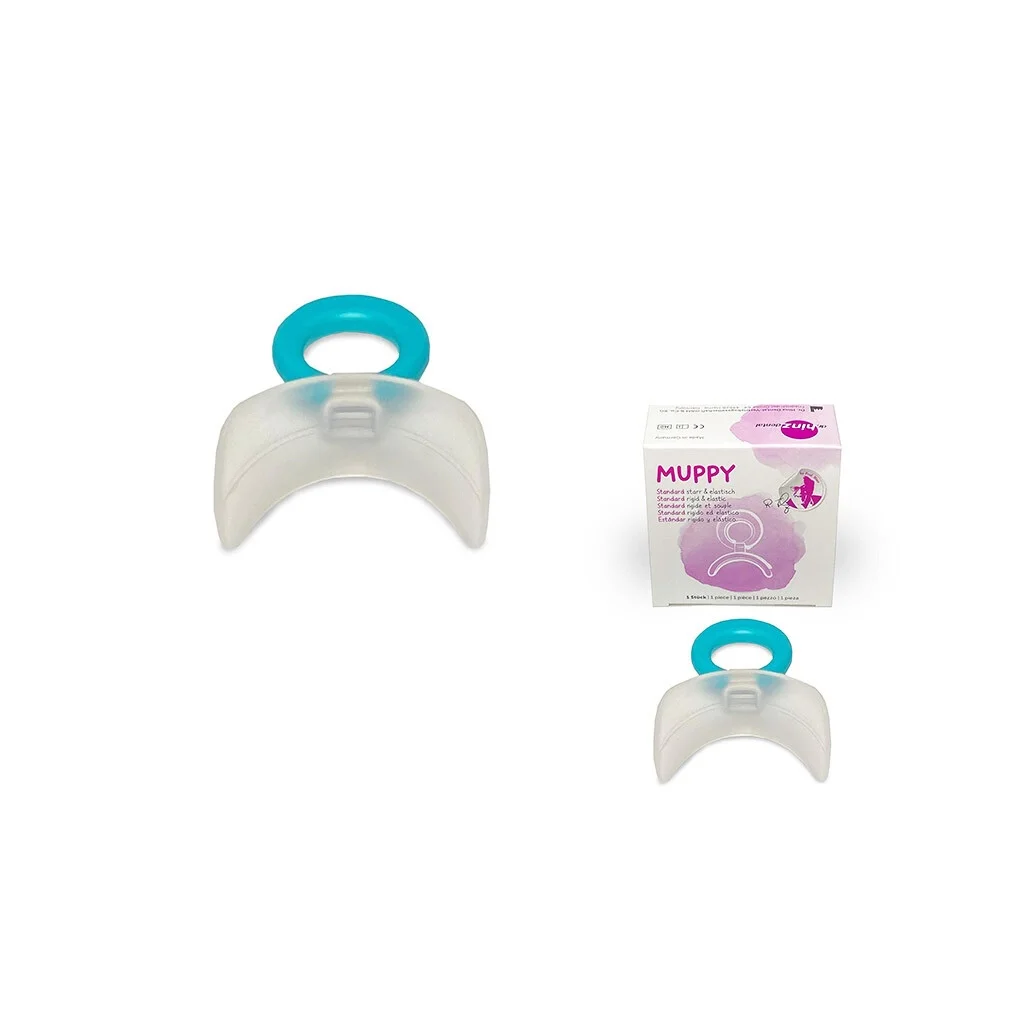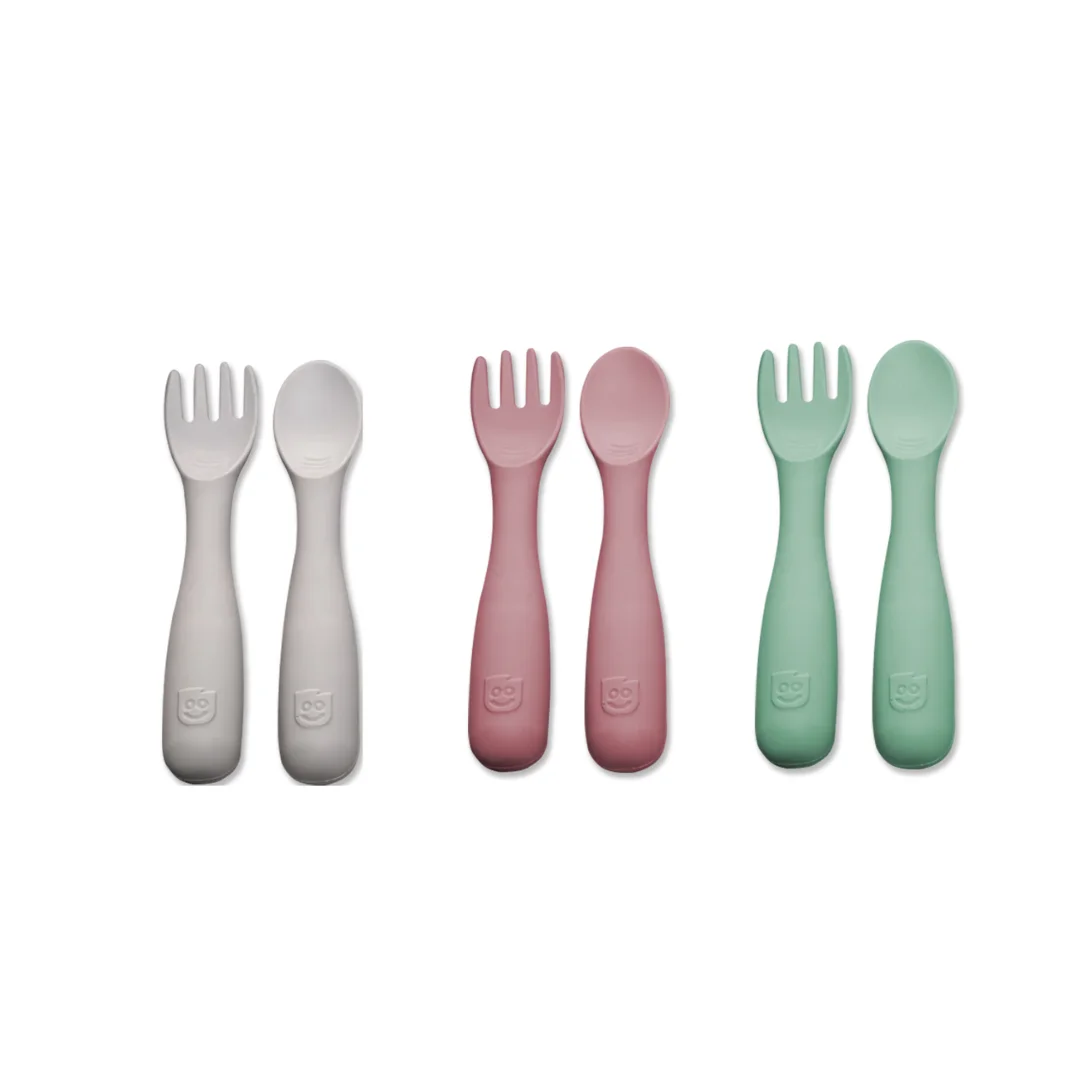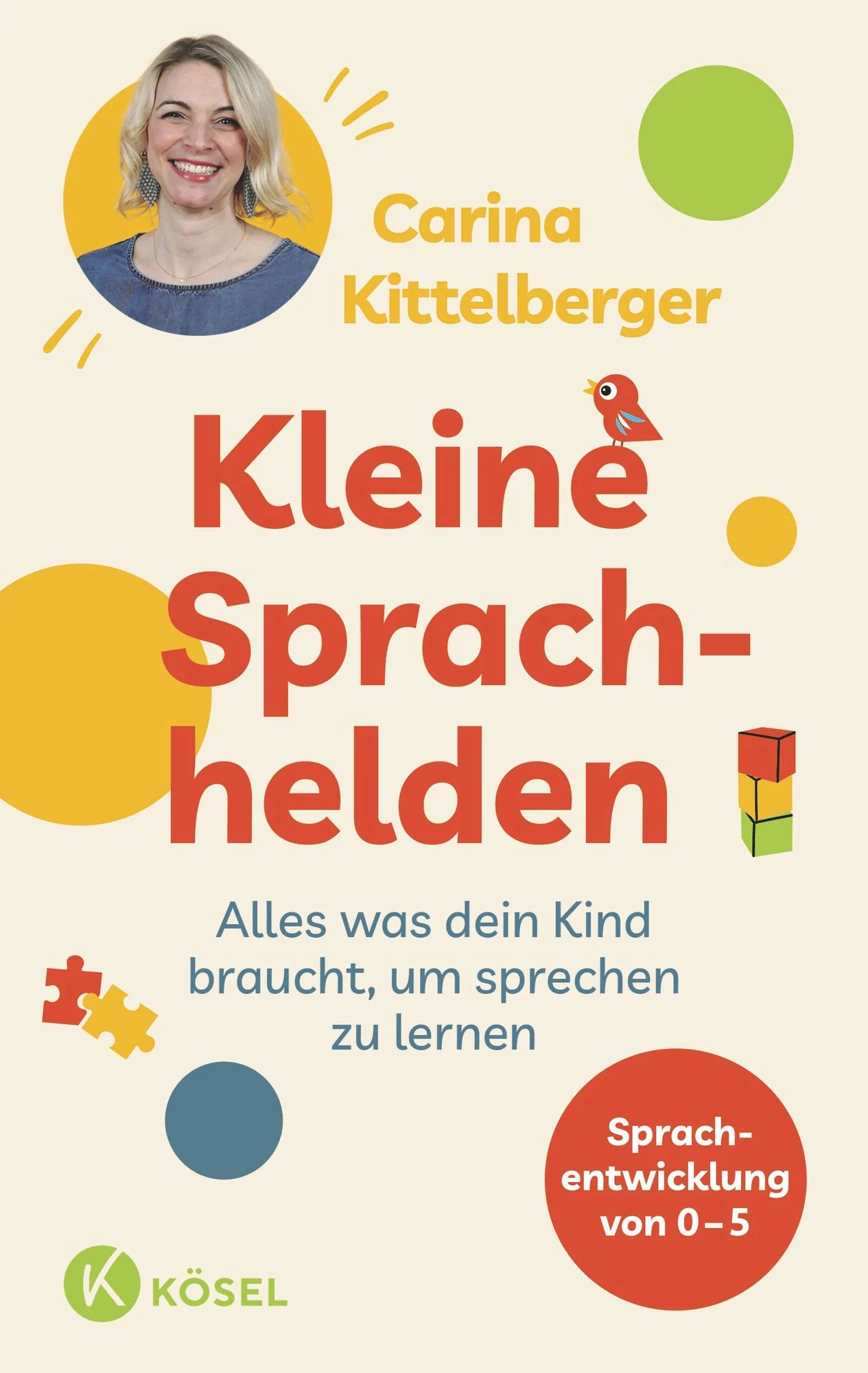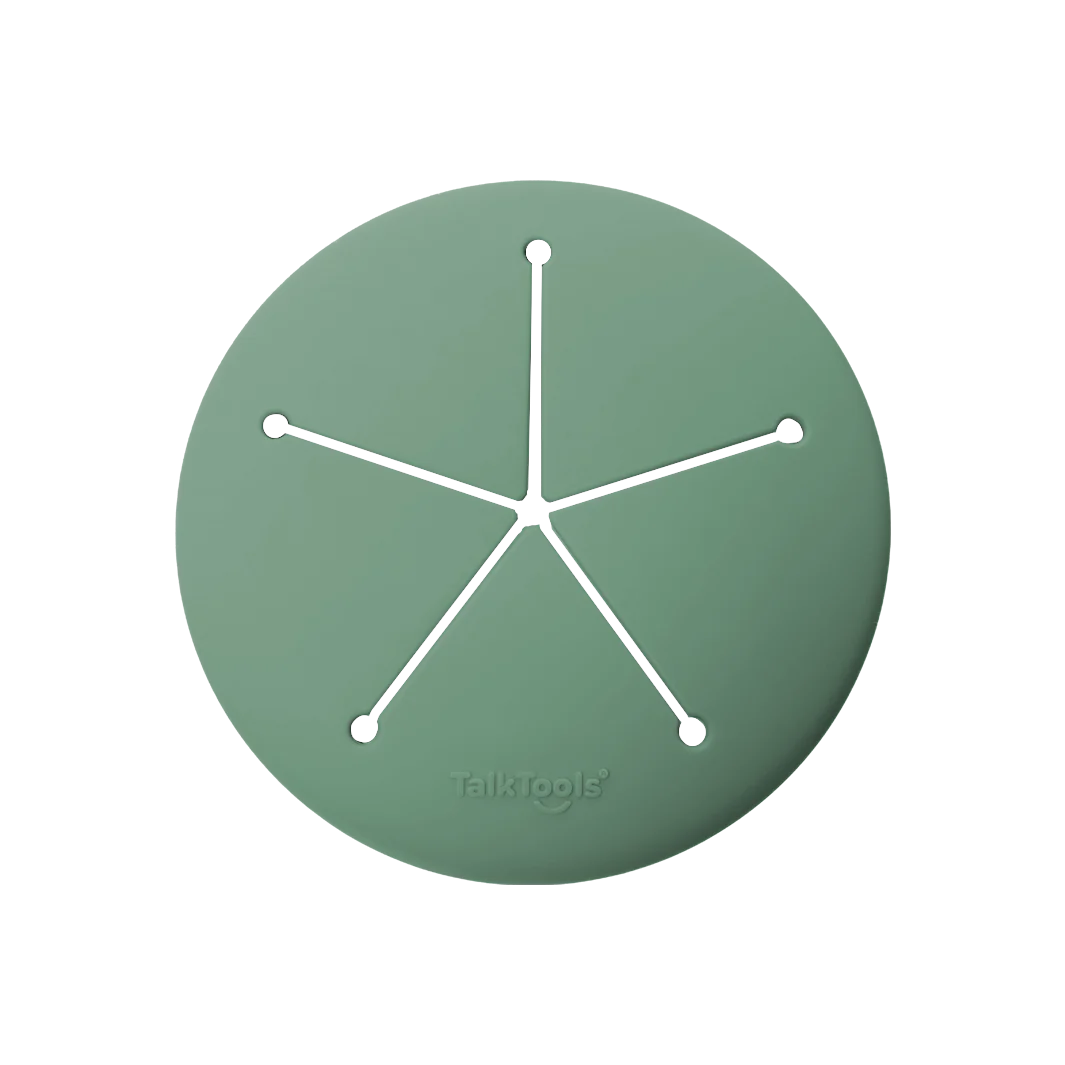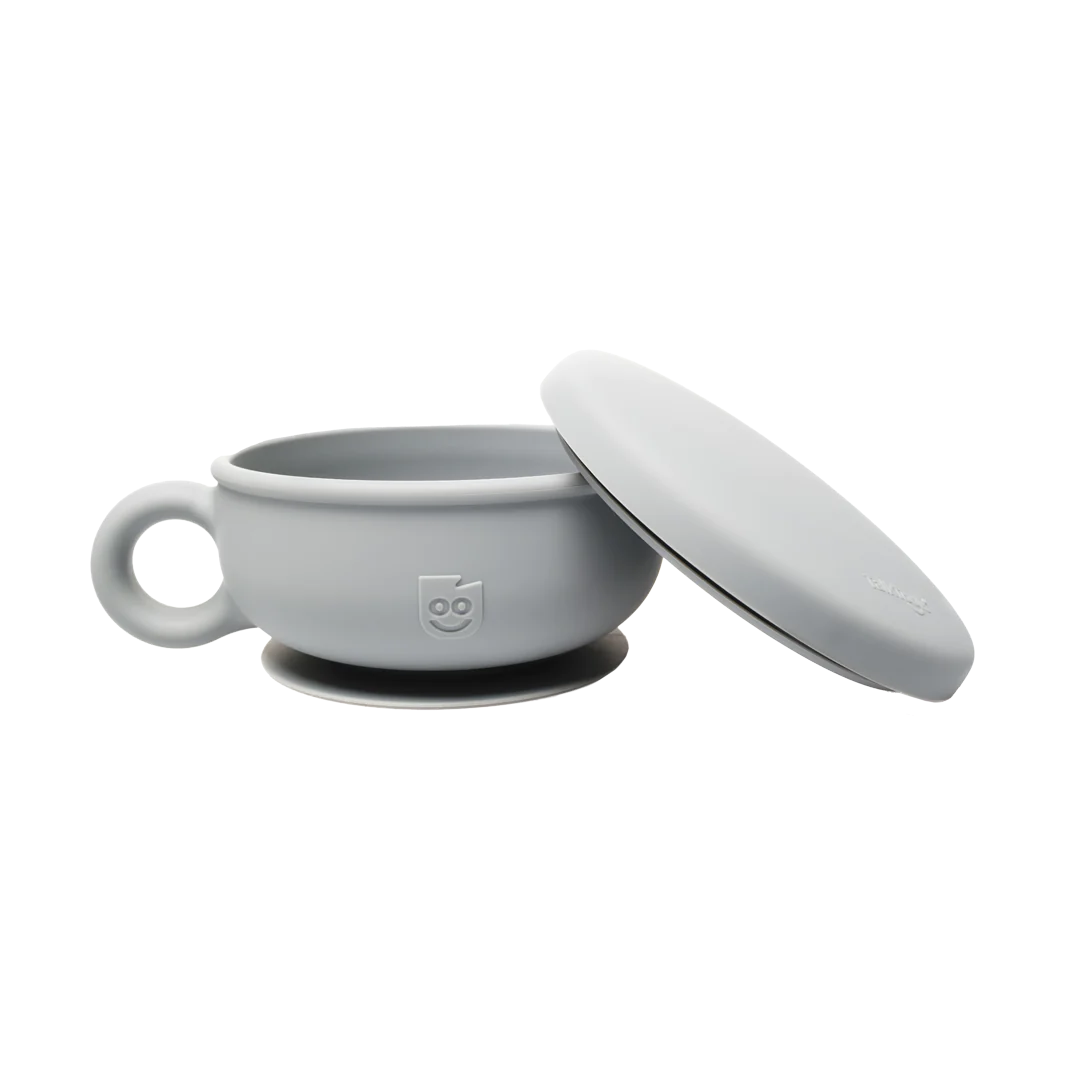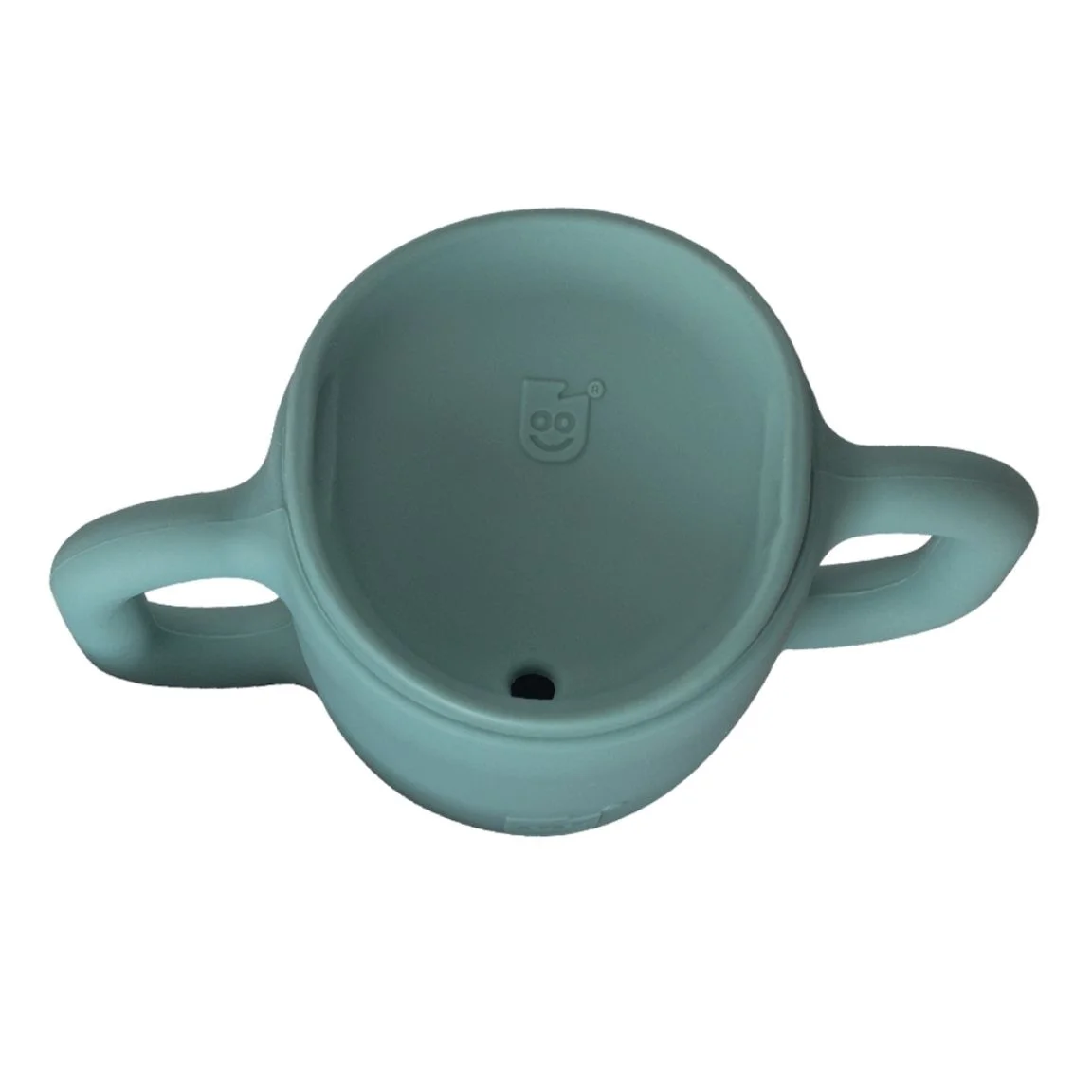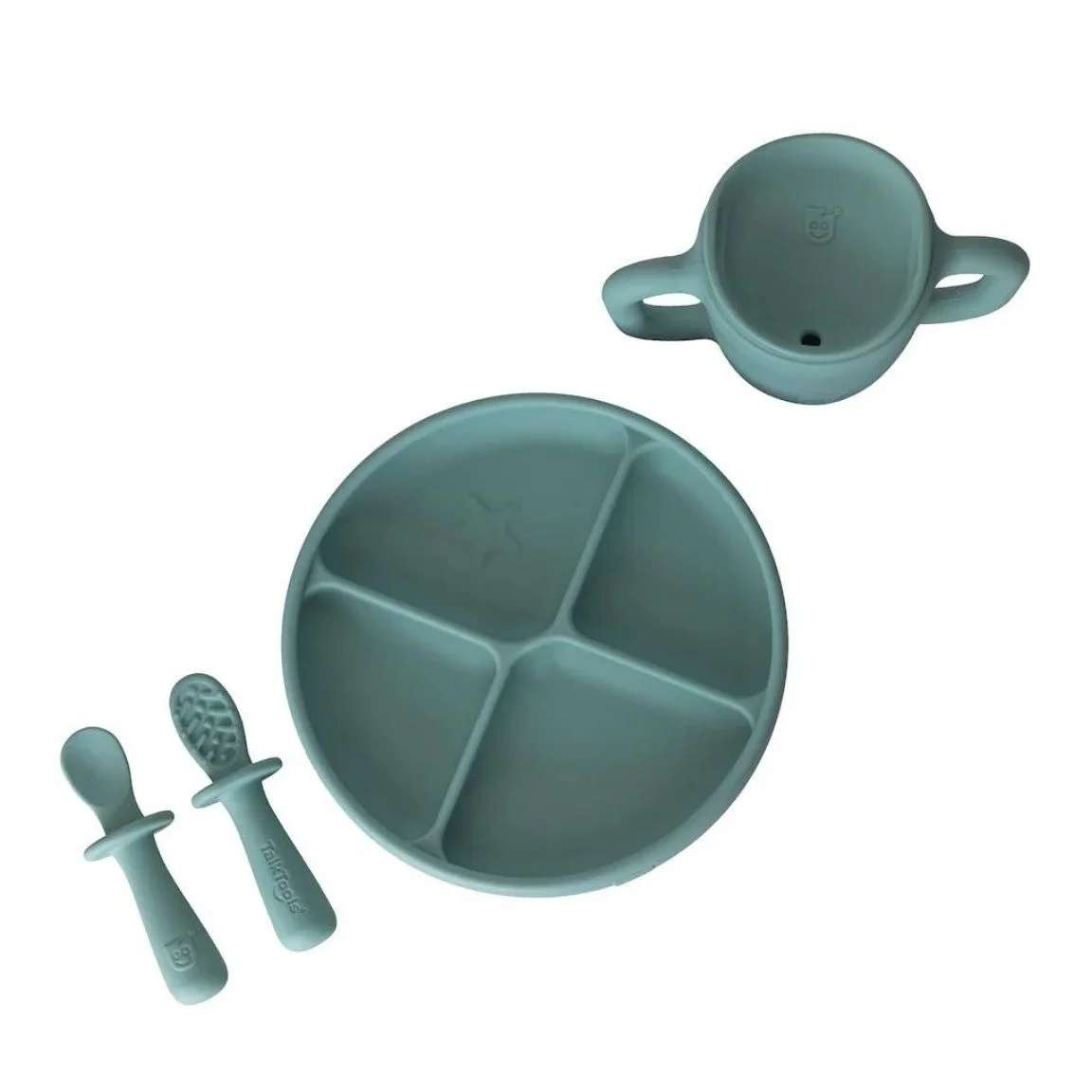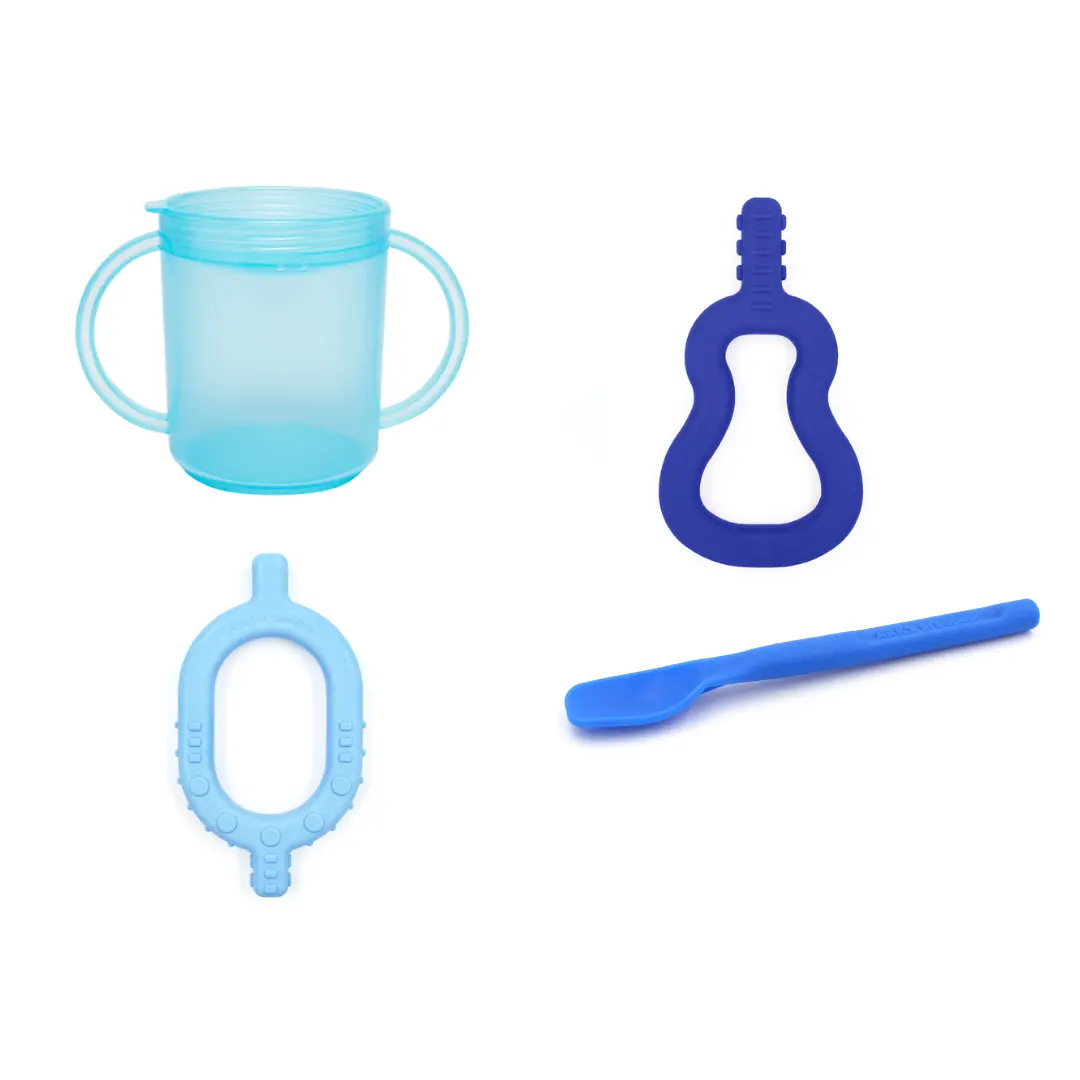Babies & Toddlers
Have you ever thought about the best way to help your child's teeth grow straight? How you can help your baby to enjoy eating? Or which teething ring is the best to relieve your little one's pain?
There are so many products on the market that you could spend hours choosing a teething ring. Not to mention the dummies. But is every teething ring really great and suitable? Does every child really have to have a dummy?
Here at logicana.at you will find a wealth of knowledge and the right products to support your child's development!
The focus of the information is on jaw and airway development - at the same time, the following guiding principle also applies to motor, linguistic and cognitive development:
"Is the product practical for me as a parent or does it actually support my child's development?"
Why is it important to support my baby's jaw development?
Our children are growing up in a society where there is less and less "real" food. By "real" food, I mean food that has been processed as little as possible and actually has to be chewed and ground by our teeth.
The teething rings in our online shop are a first step towards training the muscles and preparing the mouth for the stimuli of different foods.
Our ancestors didn't need braces - they chewed enough to stimulate jaw development. The motto "use it or lose it" also applies to jaw development! If the jaw muscles, teeth and tongue are not used, or not used enough, then there will be deficits in growth.
How can I support the development of my child's jaw and airway?
Development can be influenced by everyday rituals and behaviour alone. For example, drinking from a normal cup is preferable when it comes to deciding in favour of or against a drinking aid. Squeezies, porridges and biscuits that literally melt on the tongue are just as unhelpful when it comes to integrating oral reflexes and learning physiological movement sequences.
As a speech therapist, I am in favour of starting complementary foods with no or reduced purreed foods. Different chewing, biting and tongue movements train the muscles and stimulate bone growth.
LOGICANIC recommendation:
Avoid processed foods (ready meals, fast food, etc.) as often as possible and offer "real" food instead.
Sucking and sucking habits should be avoided. How is this possible, you may ask? Sucking and chewing have an equally stress-reducing effect on our organism, which is why chewables can be offered at an early age instead of a dummy, for example, in order to process feelings.
Eating can also be made interesting and fun by trying to use alternative eating utensils. This can be the hands and fingers alone or special spoons, e.g. flat textured spoons, the P-Tube Grabber is ideal for porridge and small pieces of fruit can be hidden in the chewing tube and transported out of the tube by chewing movements.
Why is jaw development so important?
It's not just about having "beautiful" teeth that grow straight, but rather about giving the surrounding muscles, especially the tongue, enough space to fulfil their function. If the tongue is held down in the mouth by a dummy or thumb, it cannot assume its natural position on the palate. In order for the upper jaw and therefore also the palate to grow properly, it is necessary for the tongue to lie on the palate at rest and when swallowing. And that completely and with a slight negative pressure!
How are the development of the jaw and the airway connected?
The tongue plays an essential role: to lie on the palate and thereby stimulate the growth of the upper jaw. Above the palatal plate is the nose with its airway. If the palate grows gothically, i.e. in a high, narrow shape, then the nose must also grow further upwards. This can often cause the nasal septum to grow crooked, for example. The so-called deviated septum (crooked nasal septum) can make nasal breathing impossible, even without a cold.
